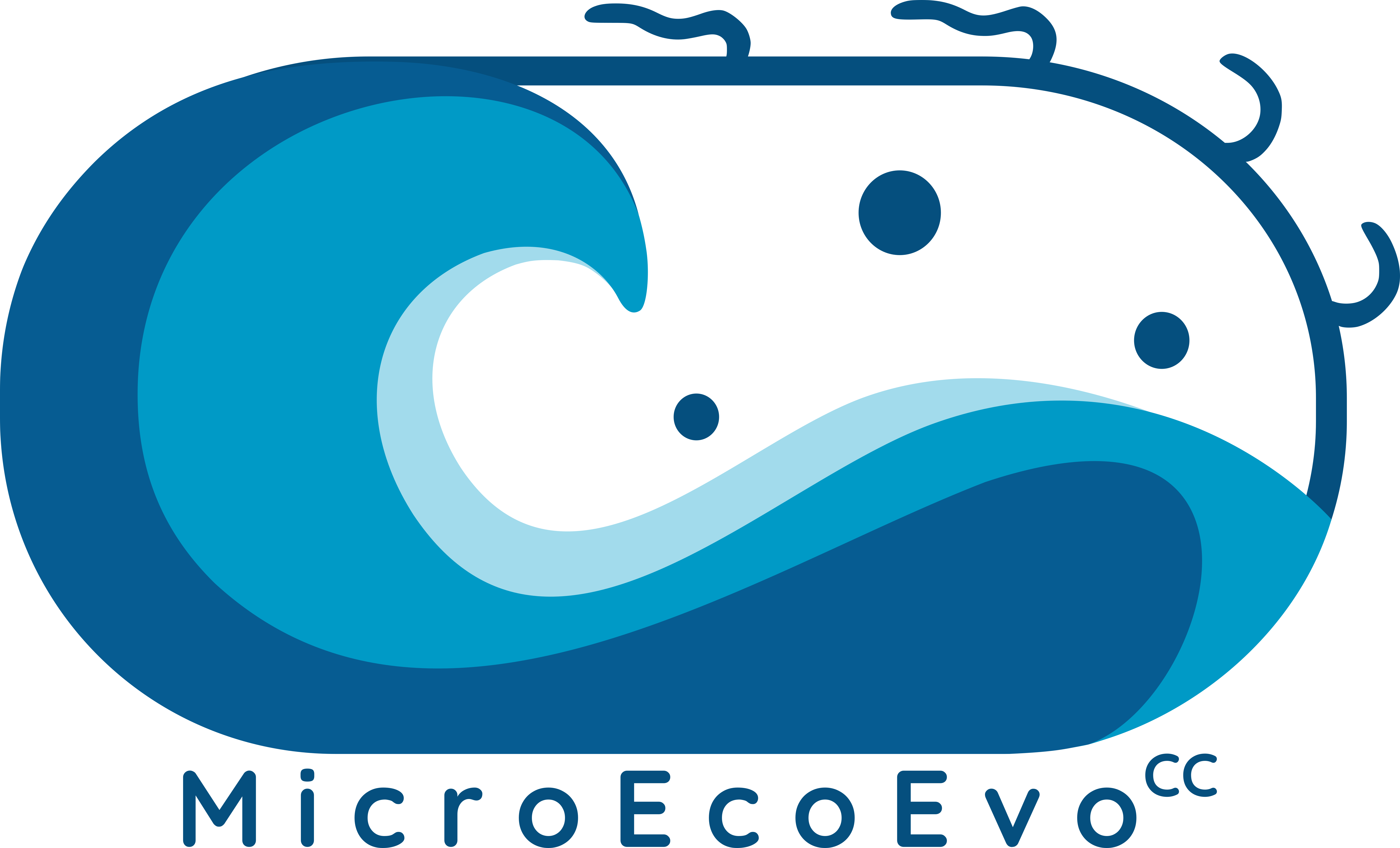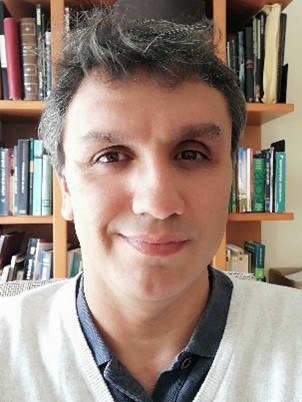Your cart is currently empty!
Tag: Team Member
-
Rodrigo Costa
I am interested in the roles played by microbiomes in host and ecosystem health, and combine metagenomics, culturomics, and experimental biology to develop microbiome-based biotechnologies and ecosystem conservation strategies.
Rodrigo Costa is Associate Professor at the Department of Bioengineering of Instituto Superior Técnico, and holds a Ph.D. degree in Life Sciences from the Technical University of Braunschweig. He is the Ambassador of the International Society for Microbial Ecology (ISME) in Portugal, Senior Editor for the journal ISME Communications, and member of three academic societies. Prof. Costa has published over 100 articles in peer-reviewed scientific journals, and supervised several post-doctoral fellows, Ph.D. (eight thesis completions), M.Sc. (37 thesis completions), and undergraduate students in the framework of > 20 R&D projects. He studies the roles of host-microbe symbioses in natural and fabricated biomes, their relevance to host/ecosystem health, and potential use as renewable sources of novel biotechnologies. Current research projects focus on microbiome engineering approaches to (i) suppress microbial diseases and mitigate climate change stressors in aquaculture and coral reef ecosystems, (ii) design marine-based bioproducts of application across multiple sectors (e.g., health, environment, food, and feed) to leverage the circular blue bioeconomy, and (iii) understand the contribution of host-microbe symbioses to global biogeochemistry and ecosystem conservation.
-
Tina Keller-Costa
Dr. Tina Keller-Costa is a research scientist and Invited Assistant Professor at Instituto Superior Técnico, University of Lisbon. She is also a member of the Young Scientists Seminar of the Lisbon Academy of Sciences. Tina studied Biology at the Friedrich Schiller University of Jena, Germany, and completed her master’s thesis on the microbiome of freshwater sponges at the University of Groningen in the Netherlands (2009). She earned her Ph.D. in Biology (2014) from the University of Évora (European Doctorate Program), conducting her doctoral research at the Algarve Centre of Marine Sciences in Faro, Portugal, where she identified the male pheromone of tilapia in collaboration with the Max Planck Institute for Chemical Ecology in Germany. Intrigued by host–microbial interactions, Tina shifted her focus during her postdoctoral years to specialize in symbiotic marine microbiomes. She now has over 10 years of research experience in Marine Microbiology.
Tina’s current research explores the diversity, function, and biotechnological potential of marine microorganisms, particularly those associated with corals, to promote a sustainable blue bioeconomy and healthy oceans. Her current projects focus on novel marine chitin-degrading enzymes and their ecological roles, the response of the octocoral holobiont to climate change and emerging pathogens, and the development of microbiome engineering strategies for marine ecosystem resilience.


